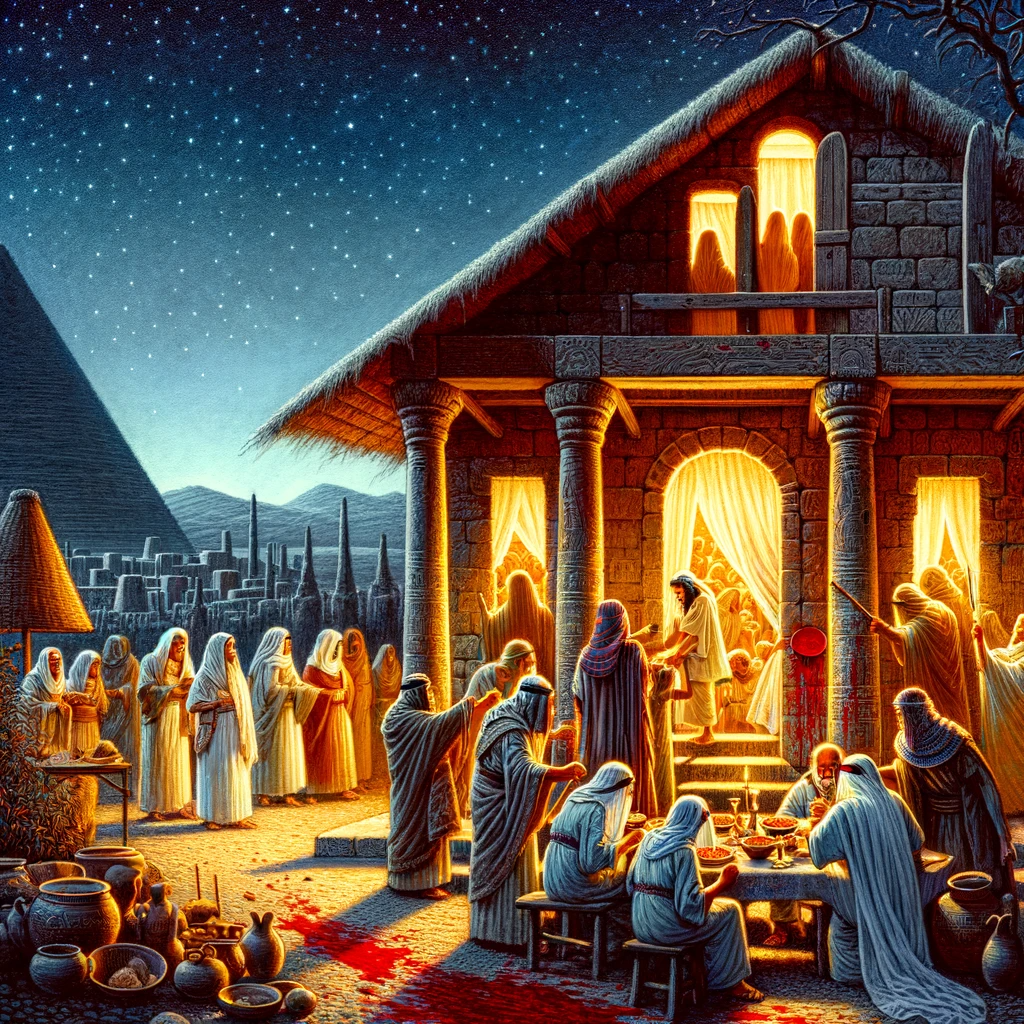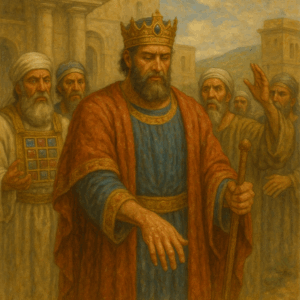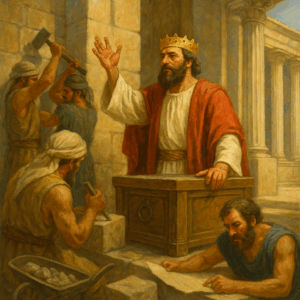Introduction:
In the heart of the Book of Exodus lies Chapter 12, a cornerstone in both the narrative of the Israelites’ journey from slavery to freedom and in the Jewish liturgical tradition. This chapter not only narrates the climactic tenth plague – the death of the firstborn in Egypt – but also sets the stage for the celebration of Passover, one of the most sacred festivals in Judaism. This post delves into the rich symbolism and enduring lessons of Exodus 12, exploring its historical context, spiritual significance, and its timeless relevance.
Historical Context:
Exodus 12 is set against the backdrop of ancient Egypt, where the Israelites had been enslaved for centuries. The chapter marks a turning point in their story – from oppression to liberation. It details the instructions given by God to Moses and Aaron for the first Passover, a ritual meal that signifies both the suffering of the Israelites in Egypt and their miraculous deliverance by God.
The Passover Ritual:
The rituals prescribed in Exodus 12 are rich in symbolism. The Israelites are instructed to take a lamb for each household, slaughter it at twilight, and use its blood to mark their doorposts and lintels. This act was a sign for God to ‘pass over’ these houses during the deadly plague. The lamb was to be eaten with unleavened bread and bitter herbs, symbolizing the haste of their departure from Egypt and the bitterness of slavery.
Symbolism and Theological Significance:
Exodus 12 is more than a historical account; it is a chapter steeped in theological meaning. The Passover lamb symbolizes Jesus Christ in Christian theology, seen as the ultimate sacrifice for humanity’s salvation. The idea of liberation from bondage resonates deeply, symbolizing freedom from sin and spiritual renewal.
Modern Observance and Cultural Impact:
The traditions set in Exodus 12 continue to shape modern Jewish practice. Passover, or Pesach, is an annual festival where the story of Exodus is retold, celebrating the enduring spirit of freedom and resilience. It’s a time for families to gather, reflect, and continue the traditions passed down through generations.
Conclusion:
Exodus 12 is a chapter that resonates across time, carrying a message of hope, deliverance, and faith. It’s a reminder of the power of liberation and the importance of remembering and retelling our stories. Whether one approaches it from a religious, historical, or cultural perspective, Exodus 12 offers profound insights into the human spirit’s resilience and the universal quest for freedom and dignity.






